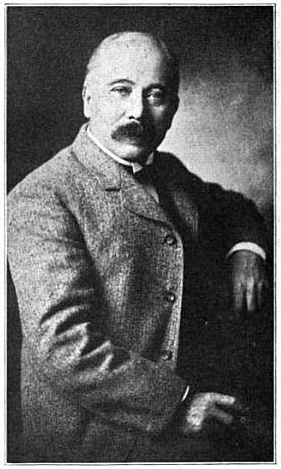
Karl von Ruck
Karl Von Ruck, physician and pioneer in the treatment of tuberculosis, the son of Baron Johann and Clara von Ruck, was born in Constantinople, Turkey, where his father was the German minister. Spending his youth in Württemberg, Germany, he was educated in Stuttgart where he received the B.S. degree in 1867. He entered the medical course at the University of Tübingen, but the Franco-Prussian war interrupted his studies. After the war he returned to the university, from which he received the M.D. degree with honors in 1877. Von Ruck went to England for a time and then to the United States, where he enrolled in the medical department at the University of Michigan. Following his graduation in 1879 with a second M.D. degree, he spent almost a year working in hospitals in New York before establishing a private practice in Norwalk, Ohio, where he remained until 1883. News of the discovery by Professor Robert Koch in Germany of the germ that caused tuberculosis prompted von Ruck to return to Germany to work under Koch. He spent about eight months in Koch's Hygienic Laboratory and at Professor Rudolf Virchow's Pathological Institute. Von Ruck was present on 21 Mar. 1882 at a meeting of the Berlin Physiological Society when Koch announced his detection of the tuberculosis bacillus. Before returning to the United States he also visited private clinics that treated tuberculosis. Again in Ohio in 1884, he established a private hospital for the treatment of tuberculosis. Because of the therapeutic climate in Asheville, N.C., he moved there in 1888 to establish the Winyaw Sanitarium for the treatment of diseases of the lungs and throat. Modeled and conducted along the same lines as those in Germany, the sanitarium soon was receiving patients from all over the United States.
